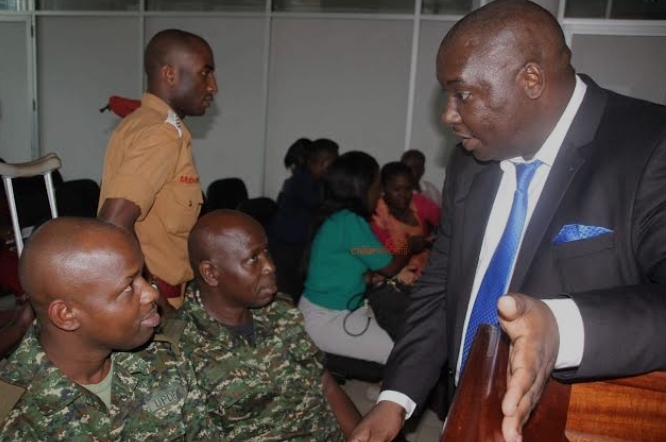After nearly a decade of legal wrangling, the Supreme Court is poised to issue a landmark decision on the constitutionality of trying civilians in military courts. The ruling, set for January 31, 2025, has been closely watched as a potential turning point in the interpretation of judicial authority and human rights protections in Uganda.
The case dates back to 2016 when former Nakawa MP, Michael Kabaziguruka, challenged the legality of prosecuting civilians in military tribunals, a practice he argued was in violation of the constitution. Kabaziguruka’s case stemmed from his own arrest and subsequent trial before a military court on allegations of plotting to overthrow the government. His defense team contended that the military courts lacked the jurisdiction to try civilians and that such practices undermined the principles of fair trial and equality before the law.
In a pivotal 2021 decision, the Constitutional Court ruled in Kabaziguruka’s favor, declaring the trial of civilians in military courts unconstitutional. The court ordered that all such cases be transferred to civilian courts to ensure adherence to the rule of law and protect the rights of the accused. However, the Attorney General, acting on behalf of the government, appealed the decision to the Supreme Court, arguing that military courts serve a unique role in safeguarding national security.
The Supreme Court’s upcoming verdict has far-reaching implications for the judicial system, human rights, and civil-military relations in Uganda. Human rights advocates have called for the court to uphold the Constitutional Court’s decision, emphasizing that military courts are ill-equipped to provide impartial justice to civilians. Meanwhile, government officials maintain that military tribunals are necessary in certain cases to address threats to national security effectively.
The decision is expected to set a precedent that will shape Uganda’s legal landscape for years to come.
![]()
























